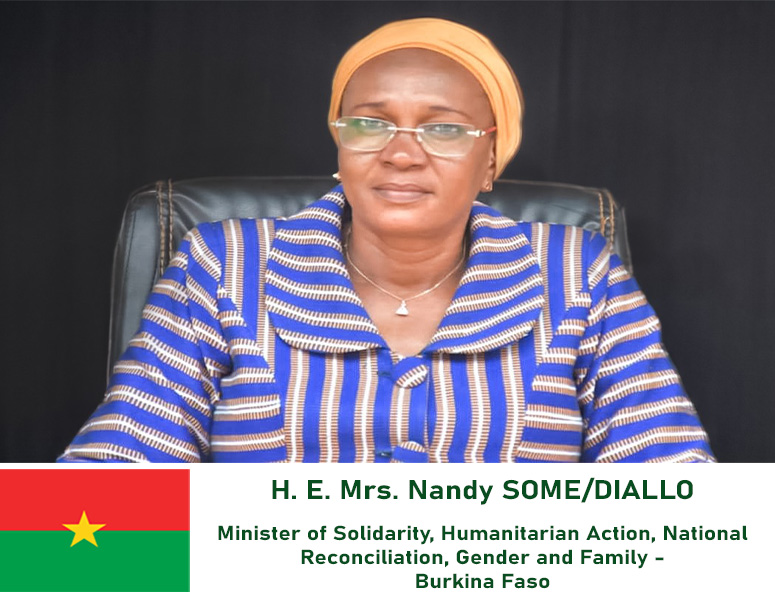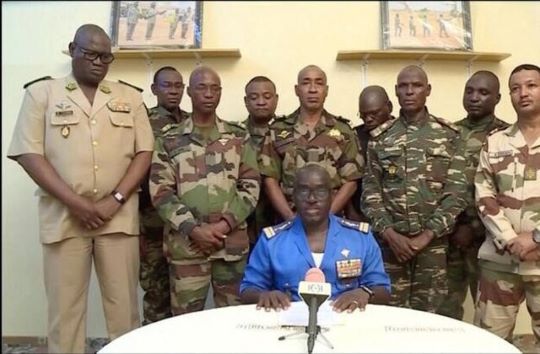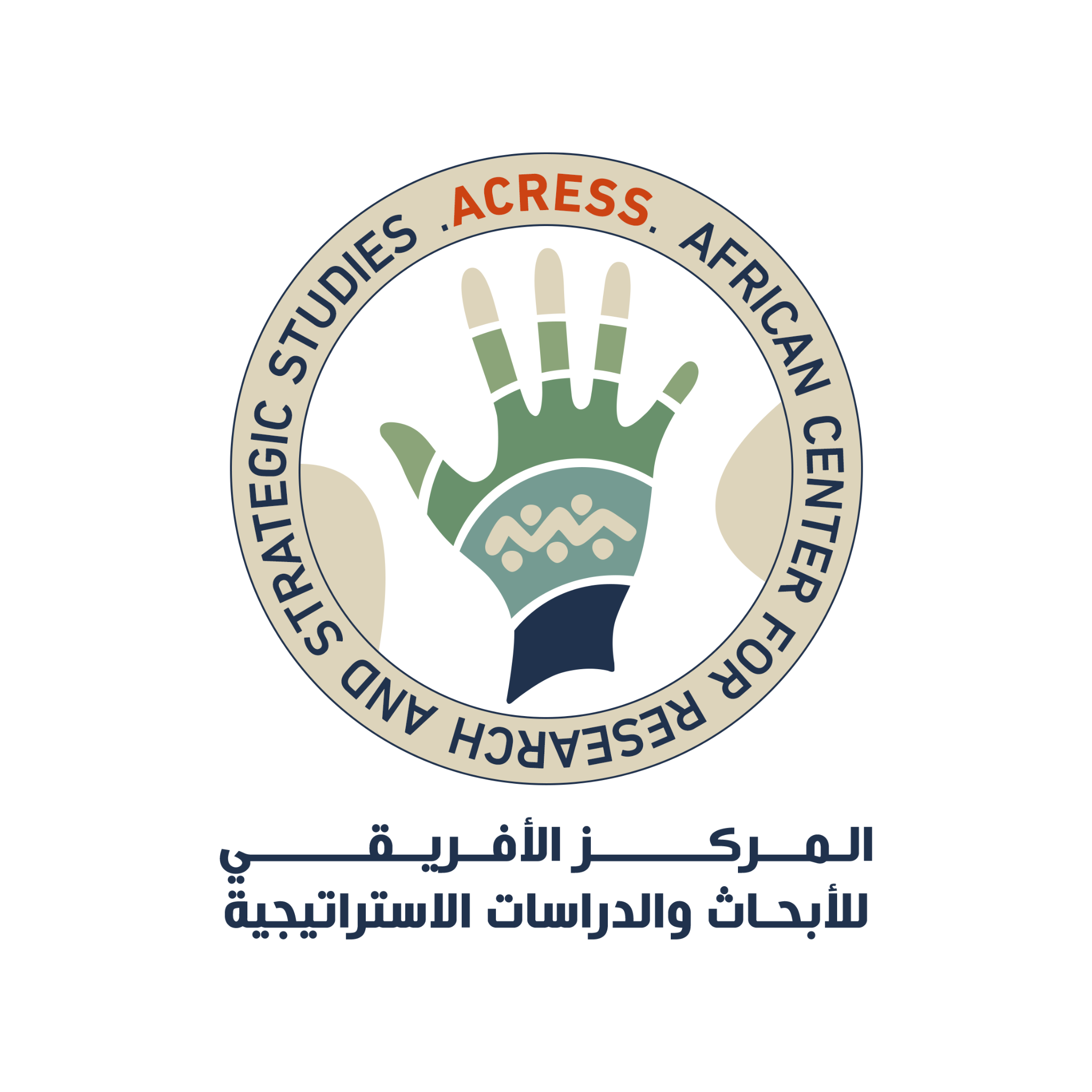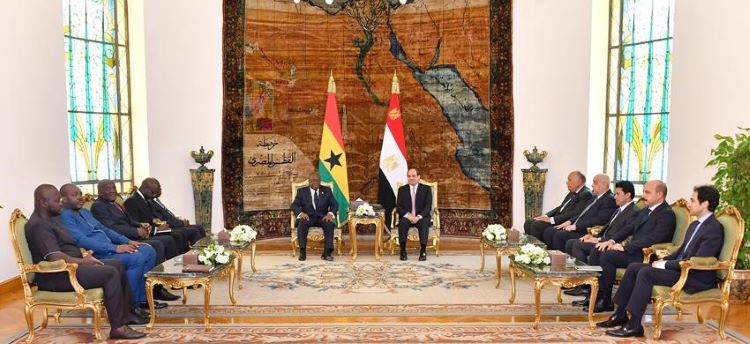
14 Jan, 2024.
Burkina Faso is one of the leading African countries in empowering women, especially political empowerment. Since the 1980s, Burkinabe women have held ministerial and executive positions that were previously considered the preserve of men. Therefore, women have been a fundamental partner in important stages of the country’s history. The role of women in public life is back in the spotlight now under the leadership of President Ibrahim Traore, President of the Transitional Period, as Burkina Faso undergoes a state of reconstruction. Despite all the challenges facing the country, it has not neglected to empower women in important and essential aspects, including education, economic, political and social empowerment. To highlight this effort, the African Center for Research and Strategic Studies (ACRESS) asked Her Excellency Minister Nandy Soum Diallo, Minister of Solidarity, Humanitarian Action, National Reconciliation, Gender and Family in the Government of Burkina Faso, a number of questions about the status of Burkinabé women and the most important national strategies being implemented to enhance the conditions of women and girls in various aspects.
The Minister pointed to three main axes in which the state has achieved remarkable progress, including the education sector, where the state has made great efforts to educate girls by implementing the “National Strategy to Accelerate Girls’ Education” in the period between (2012-2021).
Her Excellency also explained that there is a special focus on empowering women economically through supporting entrepreneurship projects for women and girls. Not only that, but the ministry also works to care for rural women and provide the necessary resources and needs to establish their projects that enable them to provide a decent life for themselves and their families. Here is the text of the interview:
1- Burkina Faso was one of the first countries to empower women in Africa after independence. What are the reasons? Is it related to the nature of the society, or is it related to the vision of the ruling political leadership?
Burkina Faso worked for the empowerment of women after independence not only in view of their socio-economic and cultural situation, but also the firm desire of its political leaders to promote equitable development between men and women. With a view to making women as actors of development.
2- What is the current status of women with regard to education and economic empowerment?
The current situation of women in terms of education and empowerment is very appreciable. This is the moment to appreciate the efforts of the actors who support the State in these areas.
In the education sector, the Government adopted and implemented “the national strategy for accelerating girls' education 2012-2021”, the results of which have made it possible to reverse trends in favor of girls, as evidenced by the data statistics for the 2021/2022 school year.
These results were achieved thanks to the free measure and the payment of contributions from the Parents' Associations (Associations des Parents d'Élevés) (APE) for girls newly enrolled in CP 1 at a rate of 1000 FCFA per girl, and the creation in 2018, of the Directorate for the Promotion of Inclusive Education, Girls' Education and Gender. On the other hand, in secondary and higher education, leaving school remains a major challenge despite the efforts made.
Our actions are currently oriented towards keeping girls in secondary and higher education through the taking of temporary special measures for their benefit (study scholarships, etc.). Among women, 70% of them are declared literate after the 2022 literacy campaign.
- In terms of promoting women's economic empowerment:
Several actions have been taken.
In this respect we can note:
- the establishment of a structure that specifically addresses women's concerns, Directorate for Women's Economic Empowerment (Direction de l’Autonomisation Économique de la Femme);
- the establishment of the Support Fund for Income-generating Activities for Women (Activités Rémunératrices des Femmes) (FAARF) specifically dedicated to women to facilitate their access to financing because they have difficulties in traditional financial institutions. A financial envelope of 10,000,000,000 (ten billion FCFA) is allocated each year;
- the establishment of an interbank guarantee fund to overcome the difficulties encountered by women in accessing credit in traditional financial institutions;
- The offer of various capacity building to enable women who undertake in certain fields to improve their skills and be more competitive (not only through training but also through technology endowments to improve their production);
- supporting women for the sale of their product through support for their participation in fairs at the national, sub-regional and international level;
- support for the formalization of women's businesses;
- advocating not only for women's access to production factors (agricultural inputs, machines often at subsidized costs), but also to secure access to land. In rural areas, women constitute the agricultural workforce and for cultural reasons, they have difficulty accessing land resources, which are nevertheless necessary for their empowerment.
3- Are current political leaders in Burkina Faso interested in the issue of women's empowerment, particularly the issue of women's political empowerment?
It is necessary to underline the firm will of current leaders on the question of the empowerment of women, in particular the question of the political empowerment of women intervenes in a global context marked by the 2030 agenda in favor of the Sustainable Development Goals (SDG), to which the government of Burkina Faso has joined.
Thus, the State being a continuity, the current political leaders of Burkina Faso have obviously made the empowerment and political responsibility of women a priority. This is evidenced by the adoption of the law on the gender quota (law 003-2020/AN establishing quotas and modalities for positioning candidates in legislative and municipal elections), and the appointment of women to high positions.
4- Is there a national strategy for gender equality that takes rural women into account?
Our country actually has a national strategy for gender equality which takes rural women into account. This is the National Gender Strategy (2020-2024) which is the national benchmark for promoting gender equality.
In addition to the said Strategy, there are many other strategies such as the National Strategy for the Promotion of Women's Entrepreneurship (SNPEF) 2016-2025 and the National Strategy for the Protection and Promotion of Young Girls (SNPPJF) 2017-2026.
5- What are the most important strategy’s aspects that the state is Keen to implement?
The most important strategic aspects that the state wants to implement are, among others:
- the promotion of equitable access to basic social services;
- equal access to justice and legal protection;
- access to professional training and employment for women and girls;
- economic empowerment of women and girls;
- the protection and promotion of the rights of women and girls;
- the involvement of women and young girls in the process of consolidating peace and social cohesion;
- Combat gender-based violence (GBV).
6- What are the glass barriers that African women need to break in order to achieve more equal opportunities?
The social barriers that African women must work to break it down, to obtain greater equality of opportunity, include the fighting against prejudices and Gender stereotypes, and a lack of self-confidence.
7- Finally, what is your Excellency's advice as a female political leader for African girls to achieve their dreams of reaching high political positions in the future?
To achieve their ambition of holding high-level political positions, African girls must have good general culture, and they should develop their self-esteem and self-confidence. Also, They must dare to assert themselves. For this I would advise them to read a lot, to campaign in associations and political parties to develop their leadership. They must strive for excellence in everything they do.
Also, they can be assisted by a mentor. We have partners like Plan Burkina which has set up a mentoring system to help develop the leadership of young girls.
 ar
ar
 fr
fr



